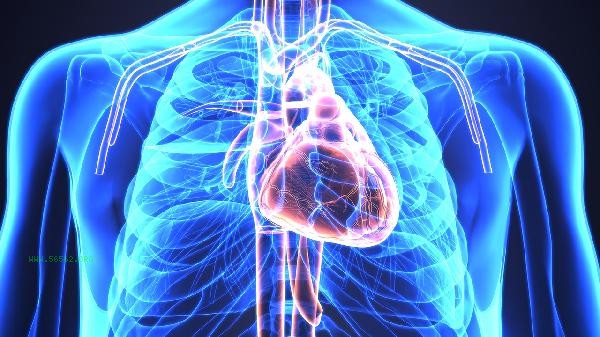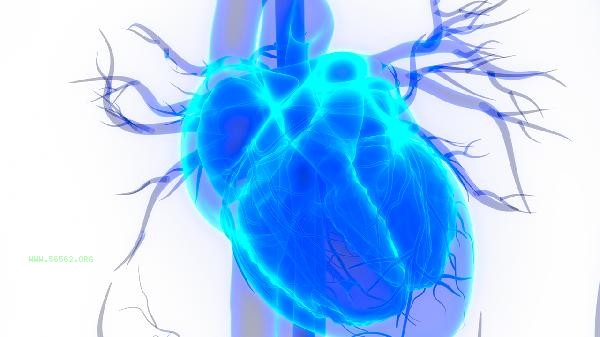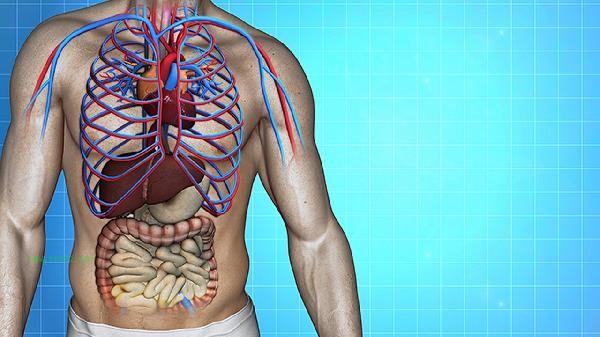The cardiac index of 4.4L/m ² is within the normal range and may indicate a high dynamic circulatory state. Abnormal cardiac index is mainly related to physiological compensation, anemia, hyperthyroidism, increased blood volume during pregnancy, early heart failure, and other factors.

1. Physiological compensation:
Intense exercise, emotional excitement, or high temperature environments may cause a temporary increase in cardiac index. The body satisfies metabolic needs by increasing cardiac output, usually accompanied by an increase in heart rate and a mild rise in blood pressure. After rest, it can recover on its own without the need for special intervention.
2. Anemic state: When hemoglobin is below 110g/L, the oxygen carrying capacity of the blood decreases, and the heart compensates for hypoxia by increasing pumping efficiency. It may be accompanied by symptoms such as pale complexion and fatigue, and a complete blood routine examination is needed. Mild anemia can be improved by supplementing iron and vitamin B12.
3. Hyperthyroidism:
Excessive secretion of thyroid hormones accelerates metabolic rate, causing an increase in heart rate and cardiac output. May be accompanied by weight loss, hand tremors, excessive sweating, and other symptoms, requiring testing of FT3, FT4, and TSH indicators. Antithyroid drugs such as methimazole can control symptoms.

4. Changes during pregnancy:
Blood volume increases by 40% -50% in the middle and late stages of pregnancy, and cardiac output compensates for the increase to meet fetal needs. It is a normal physiological phenomenon, but blood pressure monitoring is necessary to prevent pregnancy induced hypertension, and gradually return to normal within 6 weeks after delivery.
5. Abnormal cardiac function:
Early heart failure patients may experience compensatory high cardiac output, accompanied by post activity dyspnea and paroxysmal nocturnal dyspnea. Further evaluation is required through BNP testing and cardiac ultrasound, and if necessary, beta blockers should be used to control ventricular rate.
Maintaining 30 minutes of aerobic exercise daily, such as brisk walking and swimming, can help enhance heart reserve capacity. Pay attention to controlling sodium intake below 5g/day, avoiding alcohol abuse and stimulating drinks such as strong tea and coffee. It is recommended to have a follow-up cardiac ultrasound every 6-12 months to monitor changes in cardiac function. If there are persistent palpitations or chest tightness symptoms, timely medical attention should be sought from the cardiology department. Pregnant women and patients with thyroid diseases should undergo regular testing for relevant indicators, while anemic patients should monitor their hemoglobin levels for three consecutive months.










Comments (0)
Leave a Comment
No comments yet
Be the first to share your thoughts!